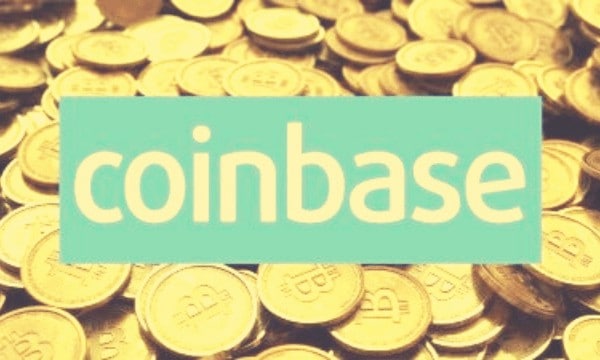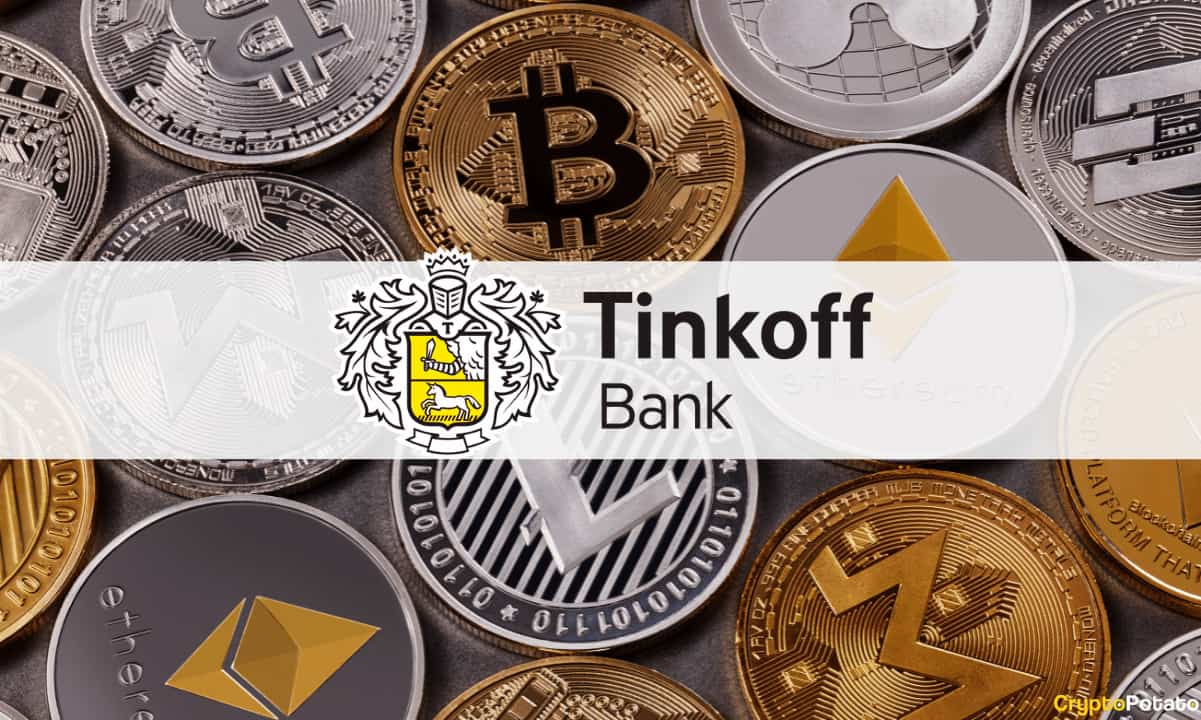Ripple CEO Explains Why Russia Can’t Use Crypto to Bypass Financial Sanctions
Cryptocurrency has played a major role in the geopolitical tensions between Russia and Ukraine. While the latter is receiving bitcoin donations from across the world, there are concerns that Russia could use digital assets to mitigate growing sanctions.
Russia Faces Global Sanctions
These concerns come off the back of recent strict economic sanctions imposed on Russia by several western nations, including barring the country’s banks from accessing the SWIFT international payment system.
After rejecting propositions to block Russian crypto accounts, the digital asset space has witnessed mounting speculation. Most of it is about how the broader cryptocurrency industry could suffer if global regulators impose heavy sanctions on such exchanges for allegedly allowing Russians to use crypto’s pseudonymous nature to continue operation.
Garlinghouse: Russia Can’t Use Crypto to Evade Sanctions
Ripple’s CEO and co-founder, Brad Garlinghouse, recently took to his Twitter page to explain why Russia cannot use crypto to evade global sanctions.
Backing earlier comments made by the company’s general manager, Asheesh Birla, on Monday, Garlinghouse noted that crypto trading platforms work together with several banking partners that risk losing their licenses if a blacklisted individual bypasses every security measure put in place.
In order to convert crypto to fiat, exchanges/etc rely on banking partners who could lose their licenses if someone on the OFAC list is able to slip through. Extremely stringent KYC/AML policies are in place to avoid precisely this.
— Brad Garlinghouse (@bgarlinghouse) March 2, 2022
According to Garlinghouse, it was to prevent such incidents that cryptocurrency exchanges established several stringent measures, including strict know-your-customer (KYC) and anti-money laundering policies.
He further added: “RippleNet, for example, has always been – and remains today – committed to NOT working with sanctioned banks or countries that are restricted counterparties. Ripple and our customers support and enforce OFAC laws and KYC/AML.”
Garlinghouse pointed out that the argument that crypto is favored by criminals to launder funds is both “outdated and tired.”
“Instead of listening to responsible players who have been clear they will abide by legal sanctions, some pundits and media insist on continuing to paint crypto as the Silk Road – both an exceptionally outdated and tired argument which simply doesn’t hold true today,” he concluded.
Just yesterday, former US presidential candidate Hillary Clinton criticized crypto exchanges for their refusal to stop servicing Russian-based users, saying that she is “disappointed.”









